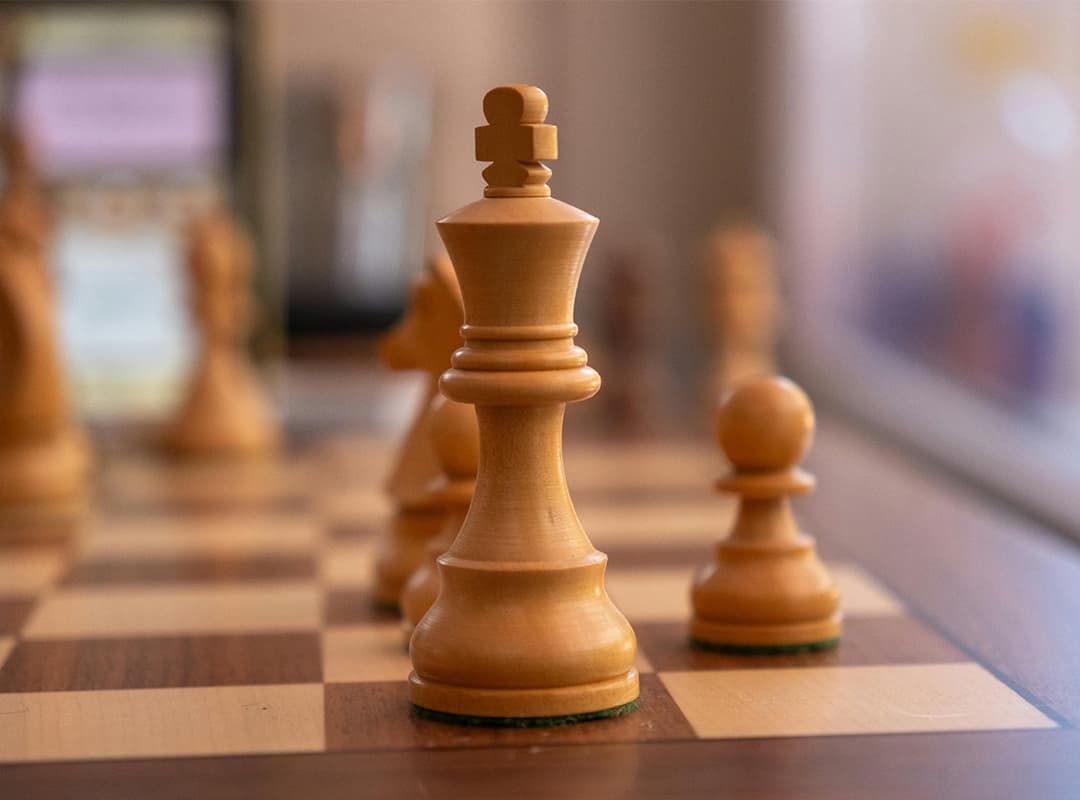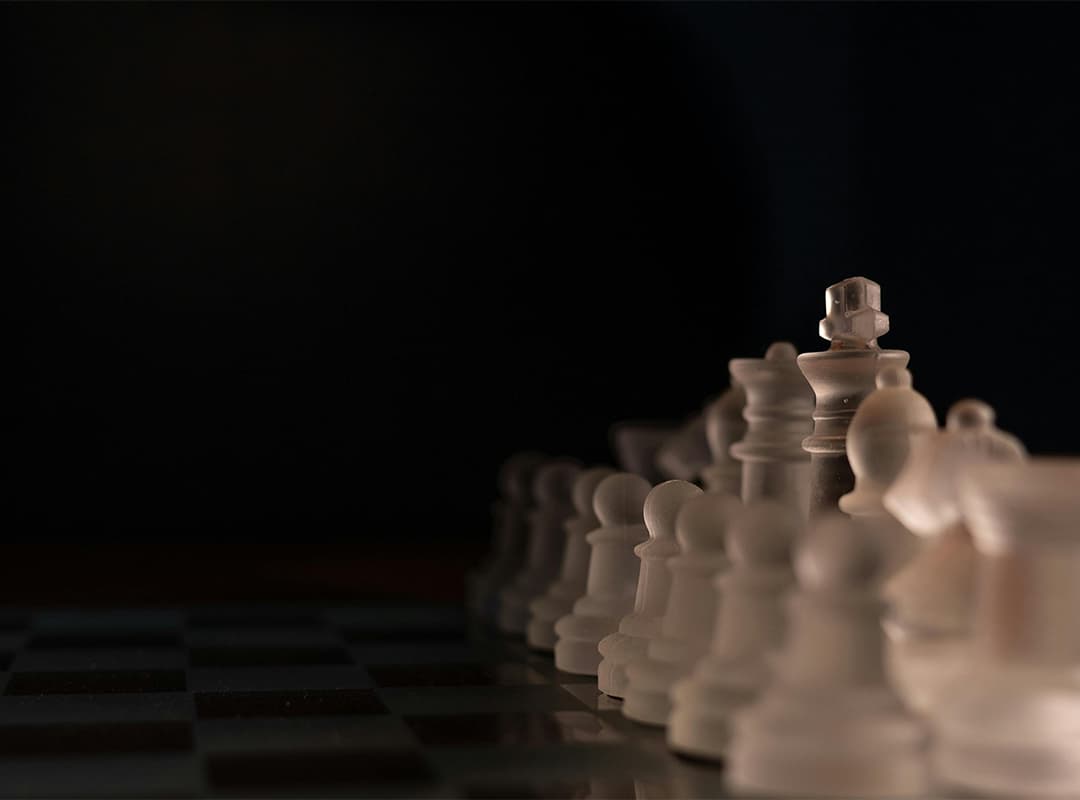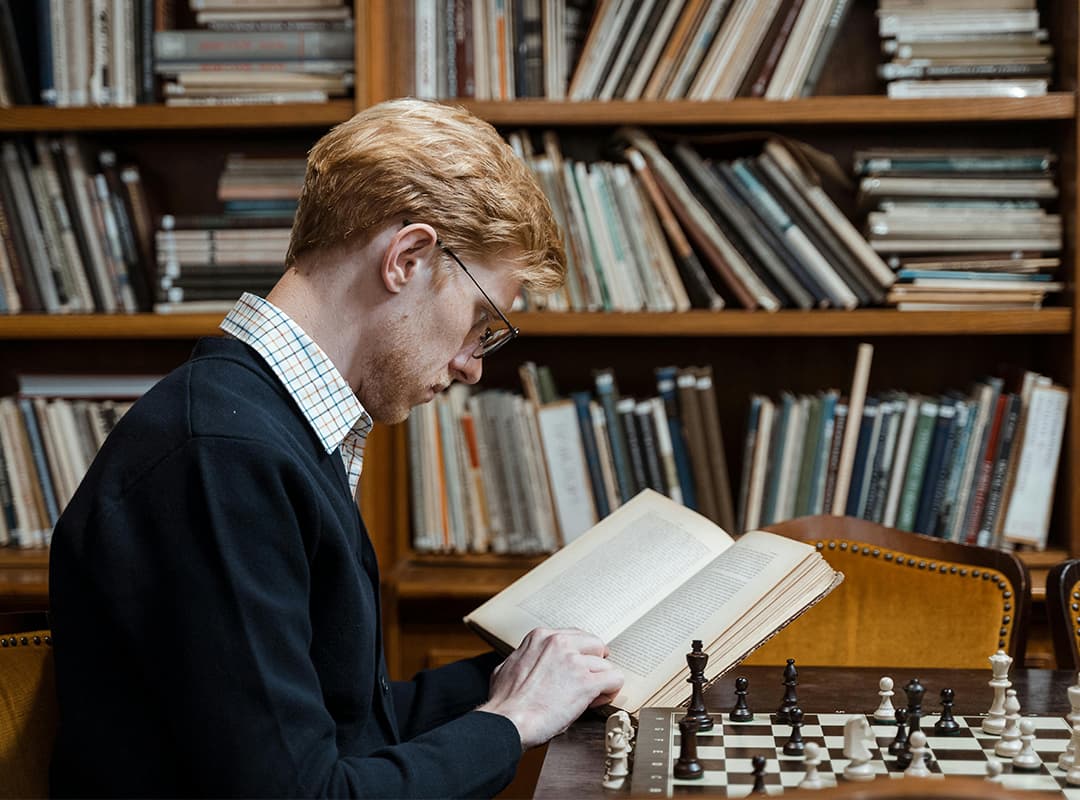Chess is not just a game of strategy and tactics; it is also a test of emotional resilience. Whether you are a beginner or a seasoned player, the ability to manage your emotions can significantly impact your performance on the chessboard. Emotional fluctuations can lead to impulsive decisions and costly mistakes, which can be frustrating and demoralizing. This article will explore techniques for controlling emotions and minimizing errors while playing chess, emphasizing the importance of mental discipline.
One of the primary challenges players face during a chess game is the pressure to perform well. Anxiety about winning or losing can cloud judgment, leading to hasty moves that do not reflect one’s true capabilities. To counteract this, developing a strong pre-game routine is essential. Engaging in activities such as deep breathing, visualization, or even light exercise can help calm nerves and foster a focused mindset. By establishing a consistent routine before each game, players can cultivate a sense of readiness that minimizes anxiety.
Additionally, maintaining a positive mindset is crucial for emotional control. Players should remind themselves that mistakes are a natural part of the learning process. Viewing each game as an opportunity for growth, rather than solely a chance to win, can alleviate the pressure and encourage a more relaxed approach. Adopting a growth mindset allows players to embrace challenges and learn from their experiences, which ultimately contributes to long-term improvement.
During the game itself, staying present and focused on the current position is vital. One effective technique is to periodically pause and take deep breaths before making a move. This brief moment of reflection allows players to assess the board without being overwhelmed by emotions or the desire to rush. Concentrating on each piece’s role and the potential outcomes of various moves can help maintain clarity and reduce the likelihood of blunders.
In addition to emotional control, players can benefit from developing a structured thought process when analyzing their options. Instead of reacting impulsively to threats or opportunities, players should practice the habit of considering their moves in a systematic manner. A common approach is to evaluate the position using the “check, capture, and threat” method. By assessing potential checks, captures, and threats before making a move, players can make more informed decisions and reduce the chances of oversights.
Another effective strategy for improving emotional resilience is to engage in practice games, particularly against the computer. Playing chess against the computer allows players to simulate tournament conditions in a low-stakes environment. This practice enables them to experience the emotional highs and lows of the game without the pressure of facing an actual opponent. Additionally, computer opponents can be adjusted to match the player’s skill level, providing a safe space to experiment with different strategies and learn how to manage stress in real-time.
Finally, analyzing past games can provide valuable insights into emotional triggers and decision-making patterns. After each game, players should take time to reflect on their moves, noting any instances where emotions influenced their decisions. This self-awareness is crucial for identifying patterns of behavior that lead to mistakes. Understanding personal emotional responses to different situations on the chessboard can empower players to make more rational decisions in future games.
In conclusion, controlling emotions and avoiding mistakes on the chessboard is essential for achieving success in chess. By establishing a pre-game routine, maintaining a positive mindset, focusing on the present, developing a structured thought process, and practicing against the computer, players can enhance their emotional resilience and improve their overall performance. Chess is as much about mental discipline as it is about tactics and strategy; mastering these aspects can lead to a more fulfilling and successful chess journey. As you engage in your next game, remember that emotional control is a skill that can be developed over time, ultimately enriching your experience on the chessboard.



